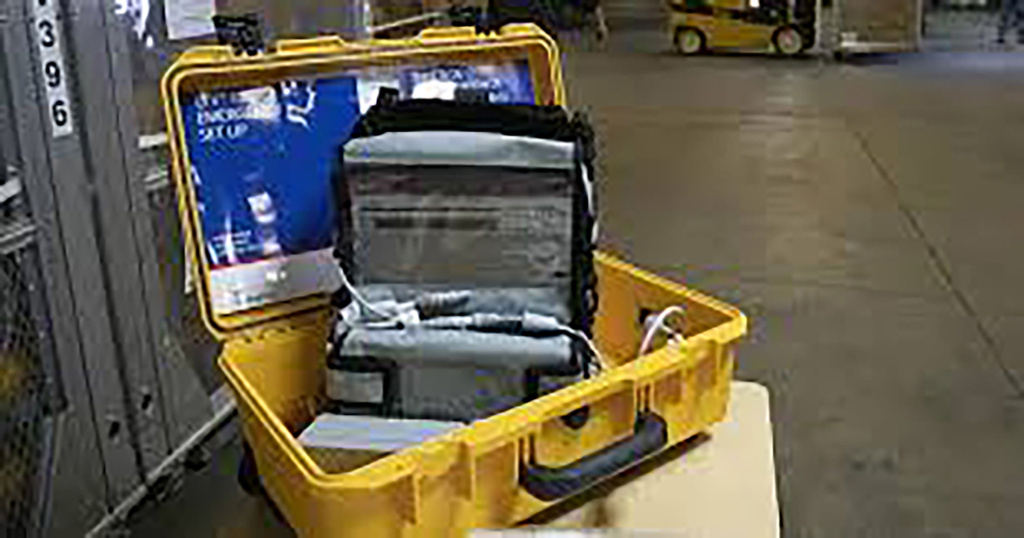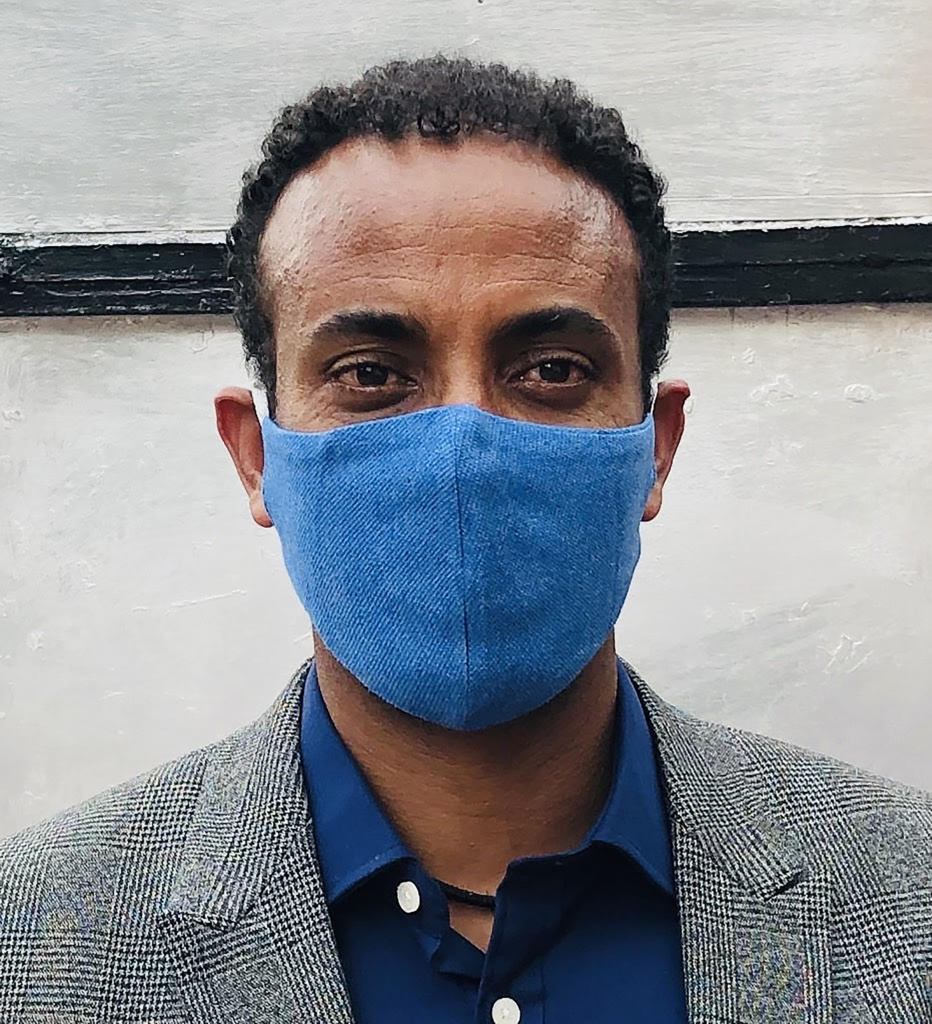One piece of vital medical equipment that has assumed star status in the wake of the current pandemic is the ventilator. They are basically breathing machines that facilitates breathing in cases of respiratory failure. They buy time for chronic sufferers of the coronavirus as medics work on treatment. In Ethiopia, Africa’s second most populous country, doctors were recently given training on the use of ventilators in an Addis Ababa hospital. The health professionals who received the private sector-led training are convinced that the device will make the difference between life and death when the time comes. Doctor Tihitina Legesse told the media: “I’ll be first in line on this. So I need to be trained in the use of this device.’‘
Ethiopia has over 100 million people, but only 54 respirators out of 450 available have been reserved for coronavirus patients. The Ministry of Health would like to acquire 1,500 more. The government has ordered a thousand devices from China.
Rediet Libanos, another medic said: “In Italy, for example, they’re overwhelmed with patients, very sick patients. They are suffering from shortages of artificial ventilation and they have to decide who has priority. If things continue like this, if people don’t take it seriously, they’ll probably be overwhelmed.” Ventilator shortages have been well-documented in Italy and New York, and health officials at the African Union stress that the problem is not unique to the continent. But African shortfalls could be especially acute — Europe and the United States are already scouring the world market for the precious machines.
Ethiopia’s experience shows that sourcing more ventilators is easier said than done.
The government has requested 1,000 ventilators from producers in China but has been told it won’t be able to get them all at once and may have to settle for 250 per month, Yakob said. Ventilators once available for around $9,000 (8,300 euros) are now going these days for more than $20,000, it is alleged.
In addition to 450 or so functional ventilators, the health ministry has tallied 197 non-functional ones, and it hopes to bring at least some of those back online, Yakob said.
Many ventilators in Ethiopia were donated, meaning health facilities do not have a direct line to manufacturers and struggle to find spare parts to maintain them. The ventilator training held in Addis Ababa — organised by the American Medical Centre, a private clinic — is an attempt to make sure that whatever machines are available will be used properly, said Dr Nebiyou Asnake, the centre’s medical director. The centre hopes to train 100 doctors on ventilation by the end of the month, Asnake said.



